Distillation of the Gottesman-Kitaev-Preskill state in a harmonic oscillator
Gottesman, Kitaev, and Preskill proposed a quantum computation protocol where a logical qubit is encoded in an oscillator. A logical qubit (called GKP state) lies a two-dimensional eigenspace of two mutually commuting displacement operators $S_p$ and $S_q$. The GKP states are highly non-classical and difficult to experimentally prepare with good fidelity.
An error process of small error rate can be modeled as small shifts in the $p$ and $q$ domains. Herein we propose a (fault-tolerant) distillation protocol of the GKP states, that is, we distill a few cleaner states from a bunch of noisy (GKP codeword) states. When the error shift is modeled as a Gaussian noise, we can formulate the distillation problem as a semidefinite program (SDP) to figure out the most likely error components by consuming a subset of the states and the remaining states will be cleaner than they were after correction. The process can be repeated until the noise variance is about the error variance of the control quantum gates if both the variance are small enough.
In this talk I will introduce the basic quantum operations on GKP states, and review recent works on the physical implementation of GKP states. Then I will talk about our distillation protocol and some numerical simulations.
Biography:
Ching-Yi Lai was born in Taipei, Taiwan. He received his MS in 2006 and BS in 2004 from the Department of Electrical Engineering, National Tsing-Hua University, Taiwan. He received his Ph.D. degree in 2013 from the Communication Sciences Institute, Electrical Engineering Department, University of Southern California. After graduation, he was a postdoctoral research associate at the Centre for Quantum Software and Information, University of Technology Sydney from December 2013 to July 2015. Currently he is a postdoctoral fellow at the Institute of Information Science, Academia Sinica, Taiwan.
His research interests include coding theory, fault-tolerant quantum computation, quantum algorithm, quantum cryptography, and quantum information theory.


